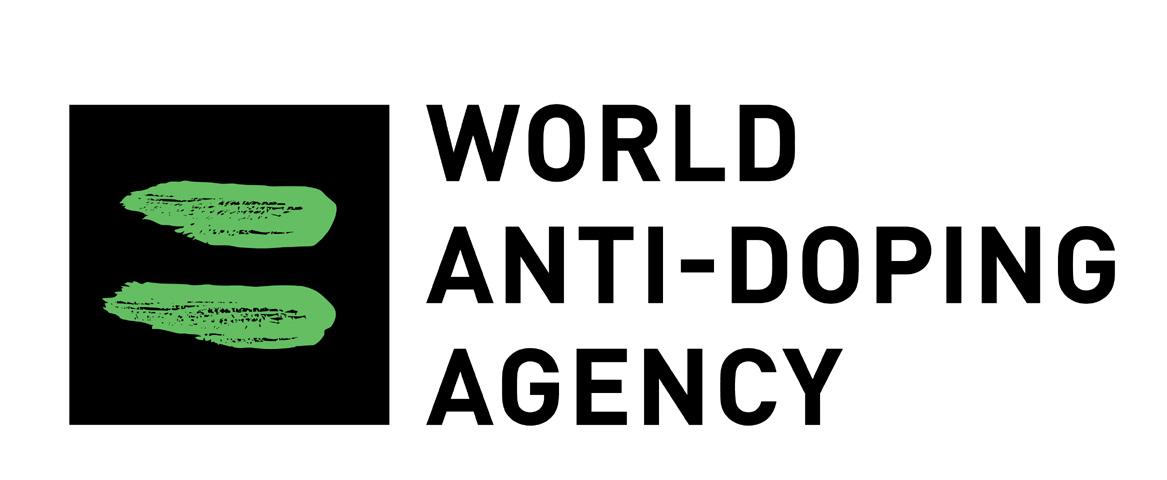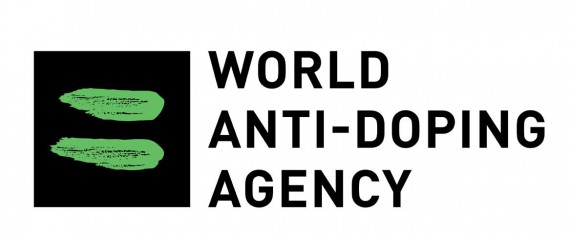
The World Anti-Doping Agency (WADA) thanked governments around the world for joining them in their efforts to internationalize steroid law around the world during a ceremony to celebrate the ratification of the UNESCO International Convention against Doping in Sport 2005 by over 100 countries.
WADA has explicitly stated their desire for all national governments to criminalize the use of anabolic steroids and other performance enhancing drugs as defined in the WADA code. WADA’s politically-correct and moralistic agenda, like U.S. steroid law enforcement policy, seeks to pressure and coerce other governments to think alike and conform to accept its policy as the defacto international anti-steroid policy (“WADA praises governments for anti-doping stance,” November 12).
WADA’s David Howman said Wednesday that 102 countries have ratified the UNESCO Convention on Doping in Sport since it came into force nearly two years ago. It means anti-doping measures become part of national law in the countries that have ratified the agreement.
[…]
“We’re not there yet, we still have a long way to go. (Doping) is too easy in many countries because there are not strong enough laws,” Howman said. “Let’s enhance the fight through legislation.”
Steroid policy experts have been critical of the internationalization of steroid law for its highly politicized and moralistic agenda. Philip Sweitzer analyzes the trend of political correctness in the current debate on steroid law policy that has troubling consequences for countries around the world.
The internationalized, fascistic nature of current steroid law enforcement policy thus emerges. Hegemony is its stated goal, that U.S. policy must be tantamount to international policy: all nations must conform to the legal standard of the United States. We must all think alike… The internationalization of steroid law, however, is also troubling for its politicization and heavy-handed reliance on dishonest notions of morality, cheating, and protecting our children, rather than science, which the author has previously addressed.
The United States President George W. Bush made the ratification of the Convention official on August 4, 2008 after the U.S. Senate had previously approved the measure. Anti-doping officials were thrilled that the United States agreed to “apply the force of international law to anti-doping” (“United States ratifies International Convention against Doping in Sport,” August 4).
The International Convention against Doping in Sport represents the first time that governments around the world have agreed to apply the force of international law to anti-doping. Accordingly, the Convention helps to formalize global anti-doping rules, policies and guidelines in order to ensure an honest and equitable playing environment for all athletes. It was adopted by the UNESCO General Conference in 2005 and entered into force 1 February 2007.
The Convention is designed to compel action as there are specific areas where only governments can advance anti-doping efforts, such as restricting the availability to athletes of performance enhancing drugs or methods. Action is required to reach athlete support personnel, to curtail trafficking and to regulate nutritional supplements.
The Convention Against Doping in Sport is largely symbolic in spite of proclamations by anti-doping officials that ratification of the Convention places the “force of international law” to steroid law enforcement policy. Some of the first countries to ratify the convention have made no attempt to change their existing steroid law in order to be more consistent with WADA and/or the UNESCO Convention.
The United Kingdom (April 2006) and Canada (November 2005) legislation still permits the possession of anabolic steroids for personal use; so technically competitive athletes could legally use steroids and performance-enhancing drugs. The International Olympic Committee is applying significant political pressure upon the United Kingdom to introduce legislation that would criminalize possession of steroids prior to the 2012 London Olympics. The IOC is undoubtedly pressuring Canada to criminalize steroid possession as well prior to the 2010 Vancouver Olympics; Canada seems to have responded only with increased steroid crackdowns on distribution.
The symbolic nature of the Convention, and its lack of power to truly internationalize steroid law, was exposed by a top legal advisor in the U.S. State Department during testimony before the U.S. Senate prior to the approval of the Convention. Principal Deputy Legal Advisor Joan Donoghue confirmed that the Convention did NOT require changes in national steroid law and gave signatories significant latitude to essentially ignore provisions of the Convention. Thus, the United States, United Kingdom, and Canada are not required to change their steroid laws by the Convention (“Testimony of Joan Donoghue Before the Committee of Foreign Relations, United States Senate, On the International Convention Against Doping in Sport,” May 22).
The Convention is entirely consistent with U.S. anti-doping laws and regulations. The Convention is not structured to secure changes to national law or regulation, but rather to secure commitments by parties to promote international collaboration, research, education, and their own national efforts and awareness of anti-doping control efforts. In other words, no new legislation will be required to implement this Convention. Importantly, Article 35 of the Convention specifically recognizes federalism limitations within certain Parties’ national legal structures, and allows those Parties, such as the United States, to address implementation of the Convention in a manner consistent with those concerns.
The United States has repeatedly stated the Convention’s principles are already reflected in current steroid law. This is not exactly true. The Convention calls for increased regulation of dietary supplement (article 8 and 10) and the withholding of financial support for ANY sports organization that doesn’t comply with WADA-type anti-doping rules (article 11). However, the United States, as suggested by Donoghue, is free to ignore any principle with which it disagrees. President George W. Bush’s press secretary further asserted that “professional (major league) sports are not within the purview of the convention” assuring that the NFL and MLB will not be forced to become a signatory on the WADA code as a consequence of the ratification of the Convention against Doping.
UNESCO International Convention against Doping in Sport 2005
Article 8 “ Restricting the availability and use in sport of prohibited substances and methods
1. States Parties shall, where appropriate, adopt measures to restrict the availability of prohibited substances and methods in order to restrict their use in sport by athletes, unless the use is based upon a therapeutic use exemption. These include measures against trafficking to athletes and, to this end, measures to control production, movement, importation, distribution and sale.
2. States Parties shall adopt, or encourage, where appropriate, the relevant entities within their jurisdictions to adopt measures to prevent and to restrict the use and possession of prohibited substances and methods by athletes in sport, unless the use is based upon a therapeutic use exemption.
3. No measures taken pursuant to this Convention will impede the availability for legitimate purposes of substances and methods otherwise prohibited or controlled in sport.
[…]
Article 10 “ Nutritional supplements
States Parties, where appropriate, shall encourage producers and distributors of nutritional supplements to establish best practices in the marketing and distribution of nutritional supplements, including information regarding their analytic composition and quality assurance.
Article 11 “ Financial measures
[…]
States Parties shall, where appropriate:
(c) withhold some or all financial or other sport-related support from any sports organization or anti-doping organization not in compliance with the Code or applicable anti-doping rules adopted pursuant to the Code.

About the author
Millard writes about anabolic steroids and performance enhancing drugs and their use and impact in sport and society. He discusses the medical and non-medical uses of anabolic-androgenic steroids while advocating a harm reduction approach to steroid education.

Leave a Reply
You must be logged in to post a comment.